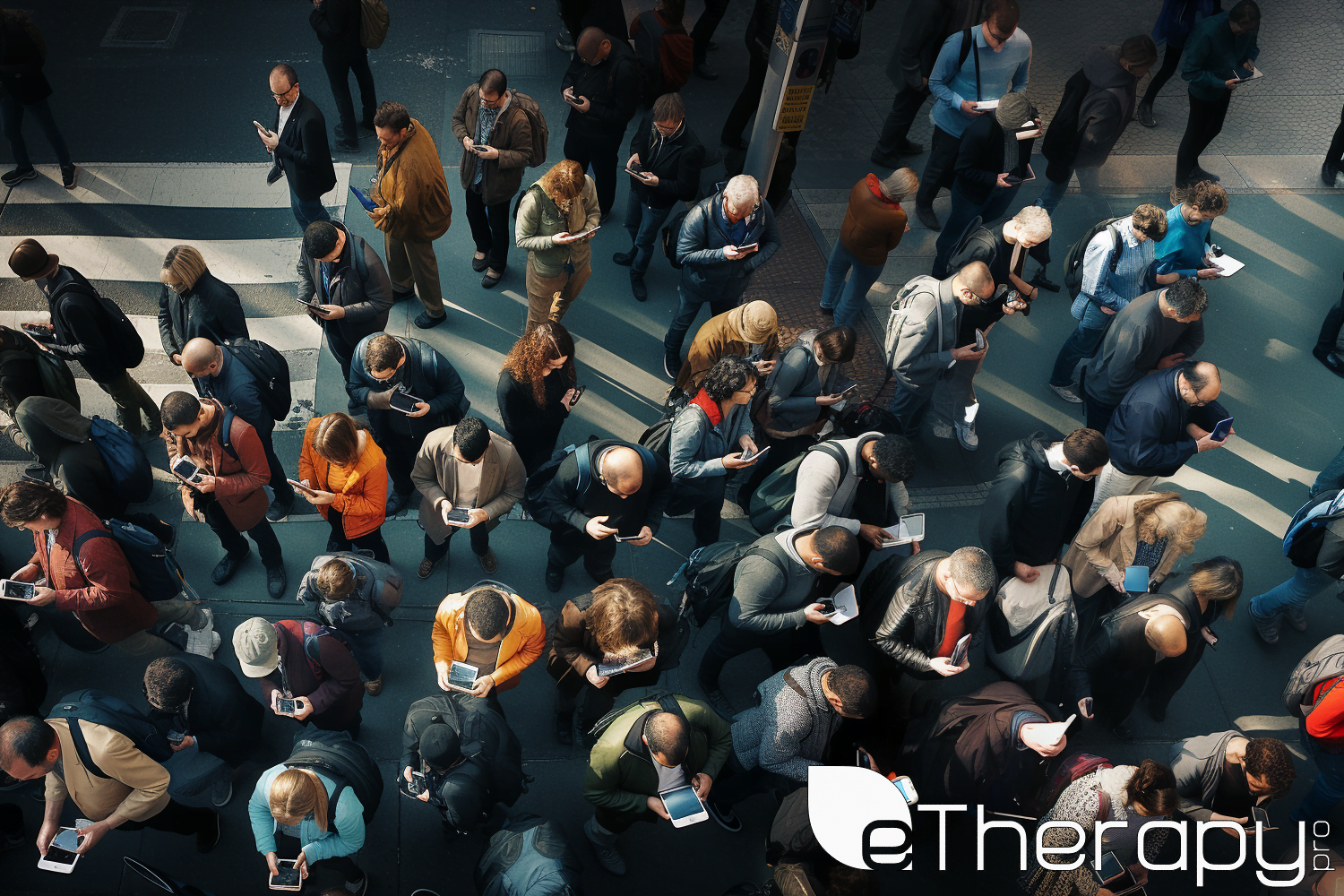 Imagine this: You arrive home after a day’s work, and as an experiment, you decide to switch off your phone for just three hours during dinner and relaxation time. An odd sense of unease starts to creep in. What if your boss needs an immediate response? What if a close friend is going through a tough time and needs to talk? But as the minutes tick by, you might begin to appreciate the silence and uninterrupted moments. This simple act underscores a broader issue: our ingrained need to be constantly available. But at what cost to our well-being and productivity due to 24/7 Availability?
Imagine this: You arrive home after a day’s work, and as an experiment, you decide to switch off your phone for just three hours during dinner and relaxation time. An odd sense of unease starts to creep in. What if your boss needs an immediate response? What if a close friend is going through a tough time and needs to talk? But as the minutes tick by, you might begin to appreciate the silence and uninterrupted moments. This simple act underscores a broader issue: our ingrained need to be constantly available. But at what cost to our well-being and productivity due to 24/7 Availability?
The Price of Perpetual Connectivity
In today’s fast-paced digital age, our dedication to staying connected around the clock has become the norm. But what many don’t realize is that this commitment not only hampers our work efficiency but also bleeds into our spheres, often culminating in burnout.
The Mirage of 24/7 Availability
It’s a common misconception that being ‘always on’ boosts our productivity. In reality, perpetual availability often hinders our focus, leading to shallow work and decreased output. According to a survey by RescueTime, a digital productivity tool, most professionals are only productive for about 3 hours during an 8-hour workday. Dr. Alex Pang, author of “Rest: Why You Get More Done When You Work Less,” also emphasizes that shorter, more focused work periods lead to better quality output. Being continuously available doesn’t automatically translate to effective work.
The Physical and Mental Toll
Our bodies and minds weren’t crafted for ceaseless activity. Continuously being switched on without breaks strains our systems. Over time, this constant grind can manifest in sleep disorders, heightened stress, and even cognitive decline. A report from the World Health Organization notes that burnout is a “syndrome” resulting from chronic workplace stress. Emotionally, we may start feeling detached or perpetually drained, struggling to find joy in activities we once loved.
Recognizing Early Signs of Burnout
Burnout, a state of emotional, physical, and mental exhaustion, is often a consequence of prolonged stress and high workload. Recognizing it early is essential to prevent its deepening impact. Here are some common signs to watch out for:
- Chronic fatigue and tiredness.
- Reduced passion and enthusiasm for tasks.
- Feelings of detachment or cynicism towards work.
- Difficulty concentrating or making decisions.
- Frequent irritability or mood swings.
- Changes in sleep patterns.
- Declining work performance.
Being aware of these indicators can guide timely interventions and self-care measures.
Debunking the Myth of Uninterrupted Productivity
In today’s hyper-connected world, there’s a prevailing notion that being busy equals being productive. But does working longer really translate to working smarter? As it turns out, the answer is no.
Our culture often wears the badge of “busyness” with pride. The one who sleeps the least, checks emails at all hours, and juggles multiple tasks simultaneously is often viewed as the most committed or efficient. However, beneath this facade lies a counterintuitive truth: uninterrupted productivity is often a mirage.
The Fallacy of Multitasking
The shortest way to do many things is to do only one thing at once. – Samuel Smiles
We pride ourselves on being able to handle multiple tasks at once. However, research consistently shows that multitasking can reduce our efficiency and quality of work. Instead of effectively managing several tasks, our brains quickly switch between them, leading to reduced attention span, increased mistakes, and, ultimately, tasks that take longer to complete.
Quality Over Quantity
The modern corporate landscape is slowly shifting its focus. Companies around the world are beginning to understand that dragging employees through extended hours doesn’t necessarily yield better results. Instead, a movement towards shorter, more focused workdays is emerging. Countries like Sweden have experimented with 6-hour workdays, with some businesses reporting increased productivity and happier staff. It’s a testament to the idea that quality work, even in shorter bursts, trumps long, drawn-out hours of diluted effort.
Finding Balance in the Digital Age
As the lines between our professional and personal lives blur in the digital era, striking a balance becomes paramount. While technological advancements have undoubtedly made our lives more convenient, they have also introduced challenges, notably the strain of constant availability. Fortunately, with self-awareness and proactive strategies, it’s entirely possible to navigate this digital age without succumbing to its pitfalls.
Embracing Unplugged Moments
Almost everything will work again if you unplug it for a few minutes, including you. – Anne Lamott
In an age of notifications and instant communication, taking a step back can seem daunting. However, even small unplugged moments, like reading a book or taking a walk without your phone, can act as a reset button, providing clarity and a fresh perspective.
Setting Clear Boundaries
For true balance, one must intentionally set limits. This means establishing specific times for checking emails, responding to messages, and even designating hours when you’re entirely unreachable. By creating clear distinctions between work and leisure, we ensure that our professional obligations don’t overshadow personal moments of rest.
Tools and Techniques for Disconnection
The digital realm offers solutions to its challenges. There are various apps and tools designed to promote digital well-being, such as apps that track screen time or promote focus. Additionally, creating tech-free zones in the house or setting phone curfews can be practical strategies to ensure regular disengagement.
Conclusion of 24/7 Availability
In today’s digital era, the pressure to always be available can be immense, leading many to believe that uninterrupted availability signifies dedication and success. However, it’s essential to challenge this notion. Genuine productivity and well-being aren’t rooted in perpetual availability, but rather in the quality of our work and the balance we maintain between our online and offline worlds. By acknowledging the pitfalls of being always accessible and intentionally carving out times of unavailability, we prioritize our mental and emotional health. This approach not only enhances our work quality but also ensures a richer and more fulfilling life.









